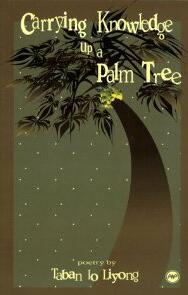Normal
0
SOUTH SUDAN, AN OLD COUNTRY IN A NEW SHOE
South Sudan’s decision to unite its 150 tribes by making English the country’s official language is a reminder to us all that words do matter (“A Civil Tongue,” by James di Giovanni, “Harpers” March 2012 pg 53). The leaders’ task is daunting not only because of the many languages spoken but also because few schools exist where English can be taught. In addition, not everyone agrees with the government’s decision.

In 1968, Taban Lo Liyong, a South Sudanese poet, was the first African to graduate from the Iowa Writer’s workshop. Today, he is among his country’s leading intellectuals and he abhors the government’s decision to impose a strange language upon the country. In his view, English is a prostitute tongue, belonging to the west and incapable of expressing the cadences and rhythms of Africa. English is the idiom of computers and the modern world, he insists. Using it to convey the African experience is a bit like watching one of Cinderella’s ugly step-sisters attempting to cram her foot into the glass slipper.
I understand the poet’s sense of loss. It’s difficult to imagine the lyrical sound of a Shakespeare sonnet spoken in German. Hard to imagine how Poe’s “Tintinnabulation of the Bells, bell, bells, bell, bells, bells, bells…” would sound in Arabic or Japanese once the work is deprived of its onomatopoeic device. If words were only responsible for carrying meaning, translations would be simple. But they carry sound, inflection, cultural understanding and more. A people’s way of life cannot easily be forced into a new shoe without a degree of pain. Sadly, the South Sudanese have lost so much already. It’s easy to understand why Taban Lo Liyong would mourn the loss of their voice as well.